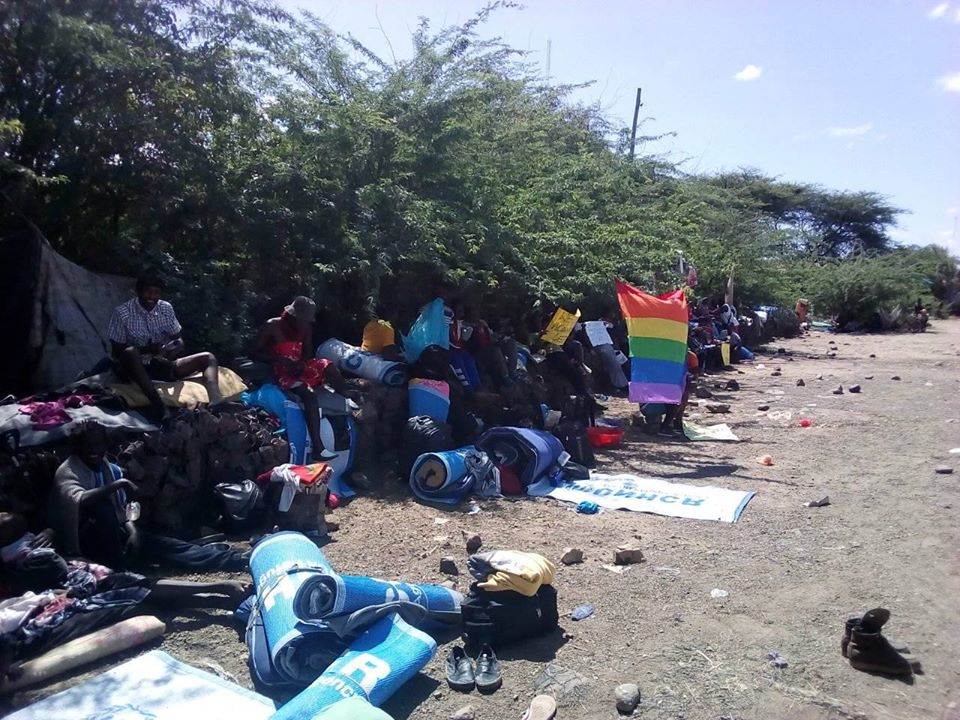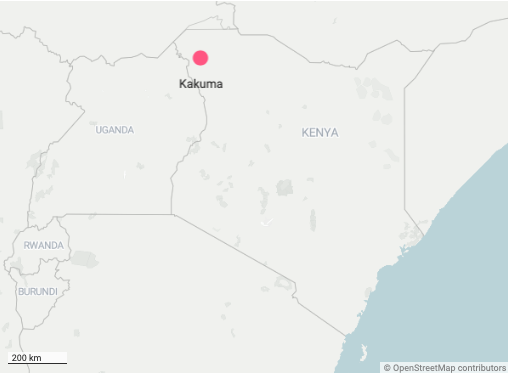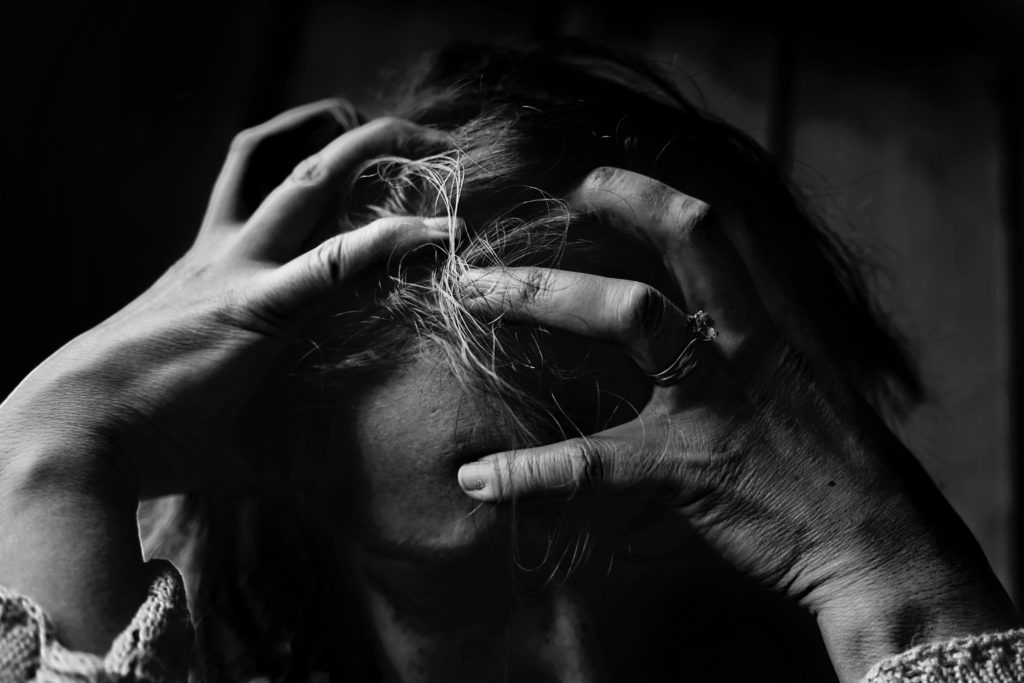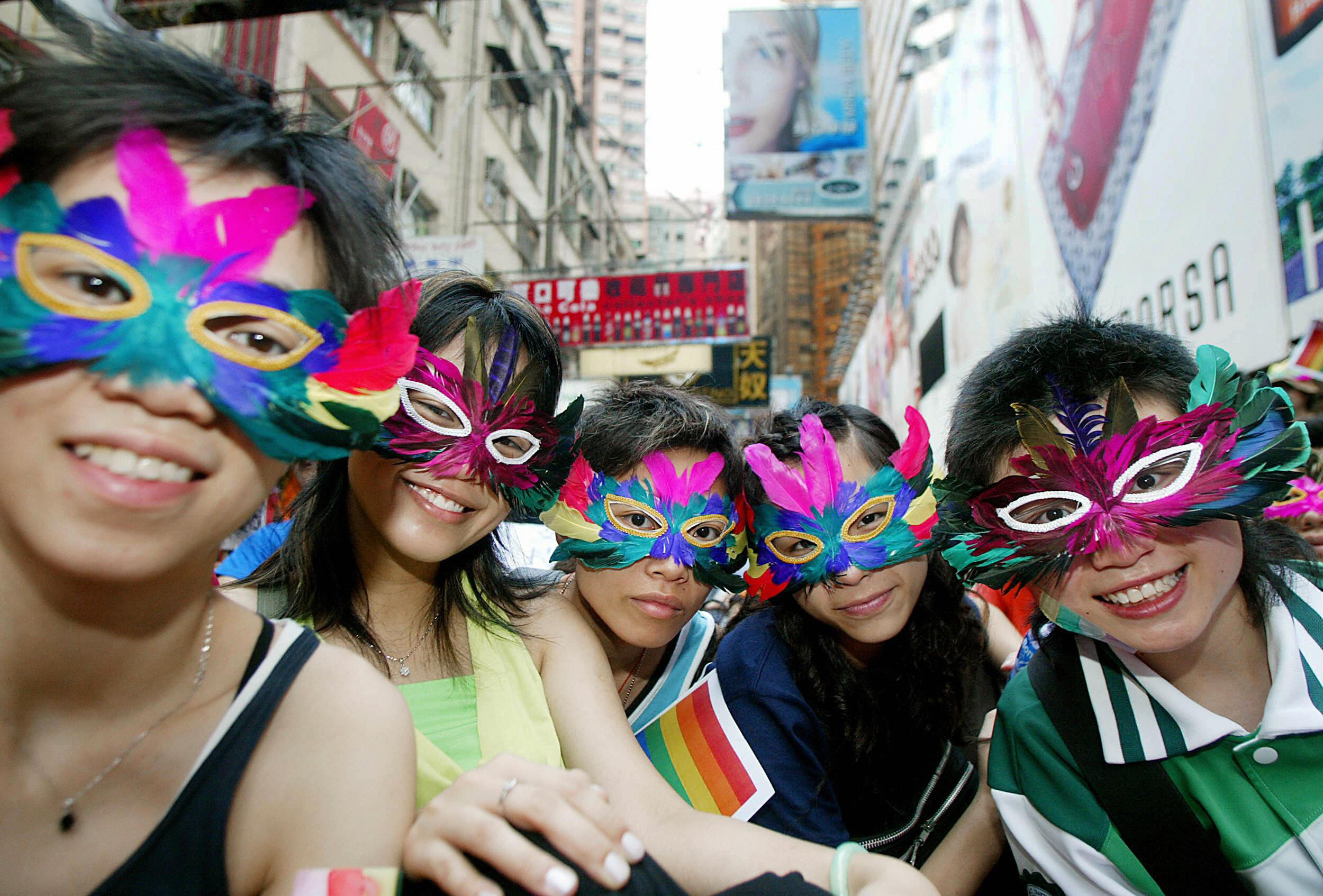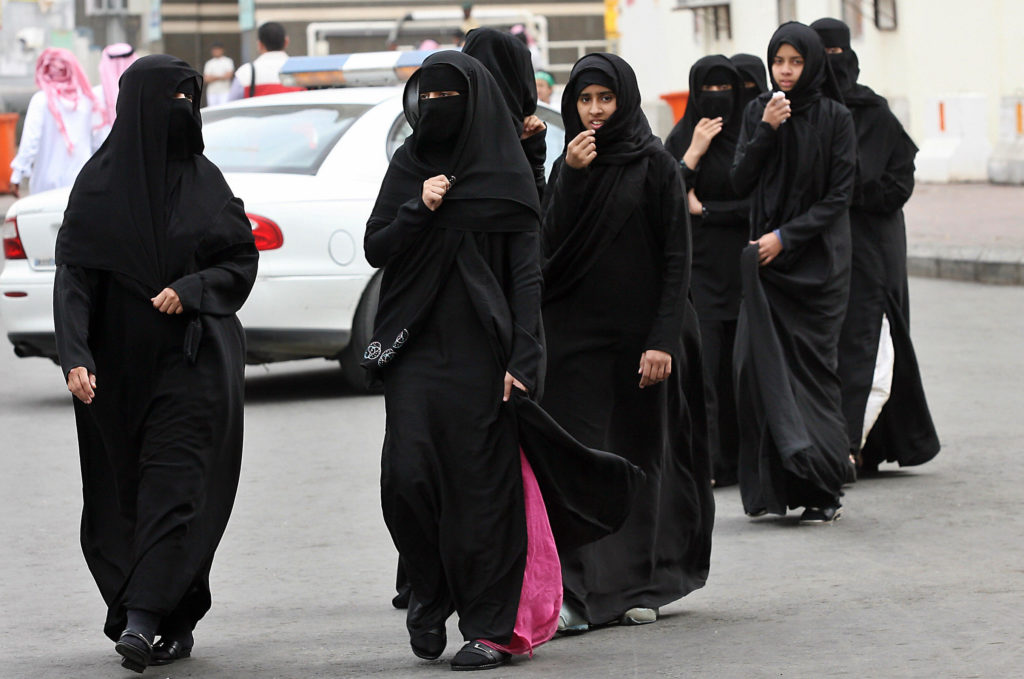Miss Myanmar is the First Openly Lesbian Contestant in Miss Universe History
This year’s Miss Universe pageant will include the first openly gay contestant in the competition’s 67-year history, who bravely came out despite homosexuality being illegal in her home country.
Swe Zin Htet is the reigning Miss Myanmar and she came out publicly on a beauty blog just a week before she is due to take part in the final of the pageant on Sunday (December 8).
LGBT+ people face violence and persecution in Myanmar, also known as Burma, which has no anti-discrimination laws of queer people and criminalises same-sex relations with a sentence of up to life in prison.
The 21-year-old, who has chosen preventing child abuse as her cause to advocate for during the contest, told People: “I have that platform that, if I say that I’m a lesbian, it will have a big impact on the LGBTQ community back in Burma.
“The difficult thing is that in Burma, LGBTQ people are not accepted, they are looked down on by other people and are being discriminated against.”
Although Htet has been out to those around her for some time, and has been in a relationship with the famous Burmese singer Gae Gae for three years, she said telling her family she was a lesbian was difficult.
She continued: “At first, they were mad. They didn’t accept me. But later, when they found out more about the LGBTQ community, they started to accept me.”

Paula Shugart, Miss Universe president, also told People: “We are honoured to give a platform to strong, inspirational women like Miss Universe Myanmar, who are brave enough to share their unique stories with the world.
“Miss Universe will always champion women to be proud of who they are.”
The Miss Universe pageant has had a controversial past and was previously owned by Donald Trump, but it has been breaking new ground recently.
Last year, the competition featured its first-ever trans contestant Angela Ponce.
Addressing the Trump administration’s anti-trans record, Ponce said at the time: “More than a message to him, it would be a win for human rights. Trans women have been persecuted and erased for so long.
“If they give me the crown, it would show trans women are just as much women as cis women.”
Although Ponce ultimately did not win the 2018 Miss Universe crown, she said: “I don’t need to win Miss Universe. I only need to be here.”
